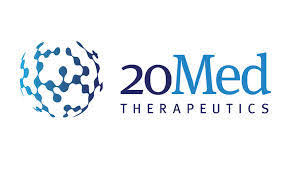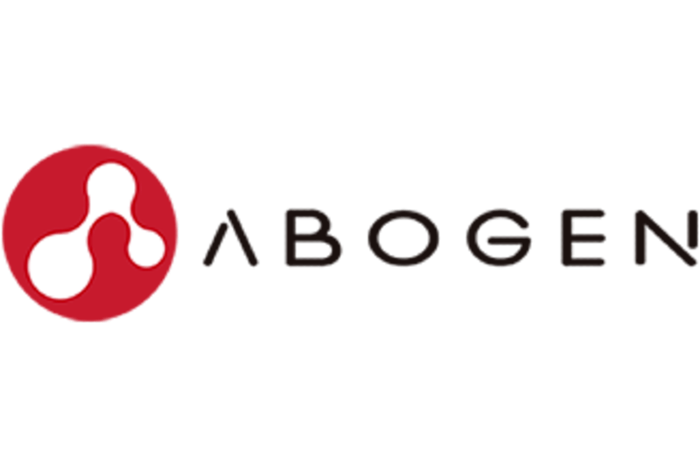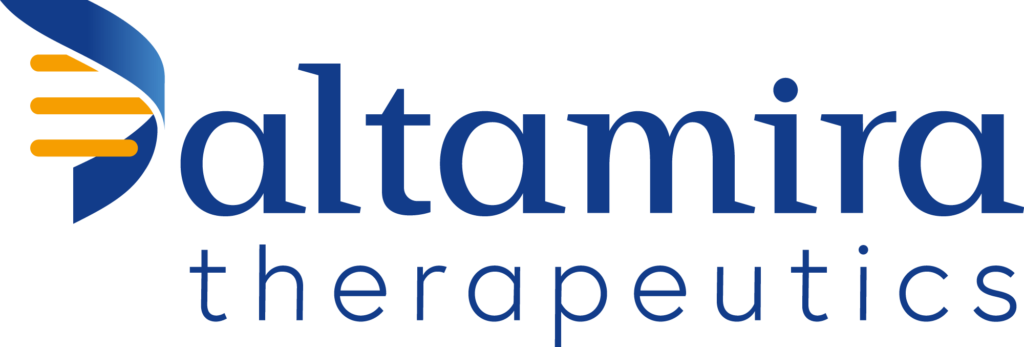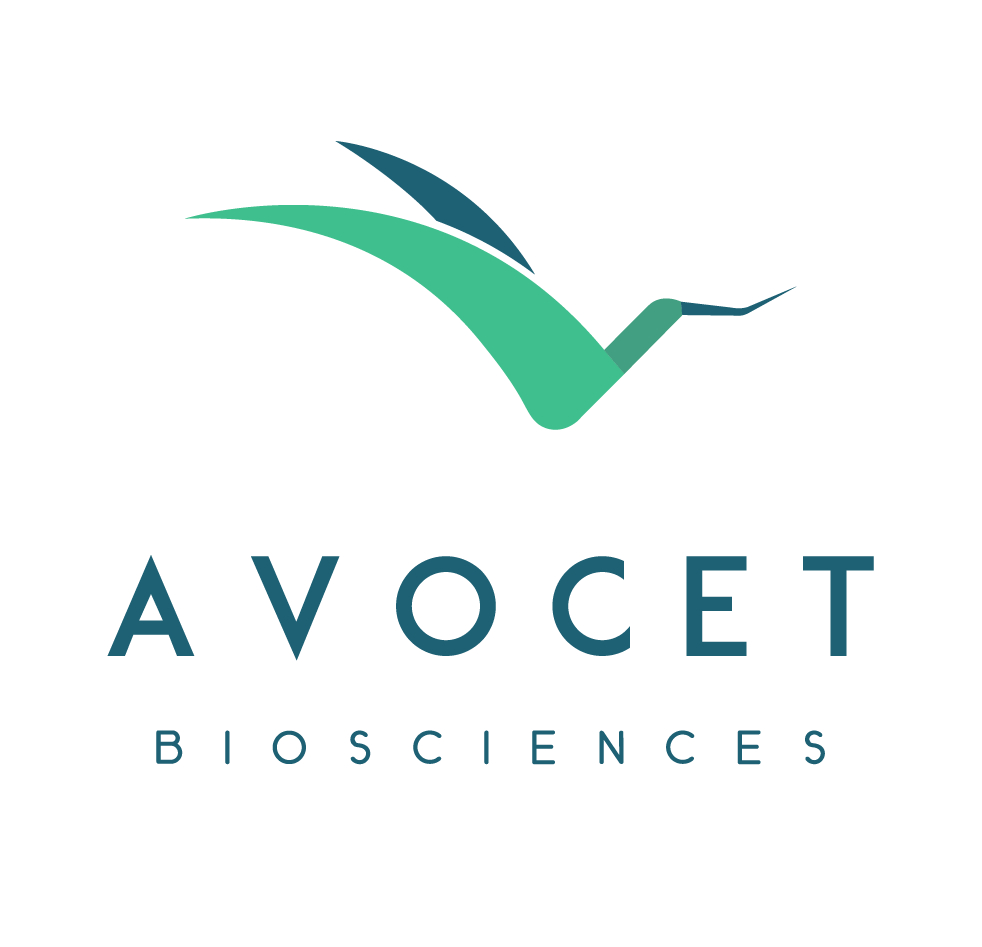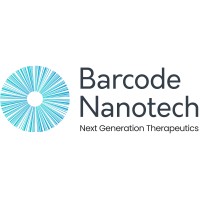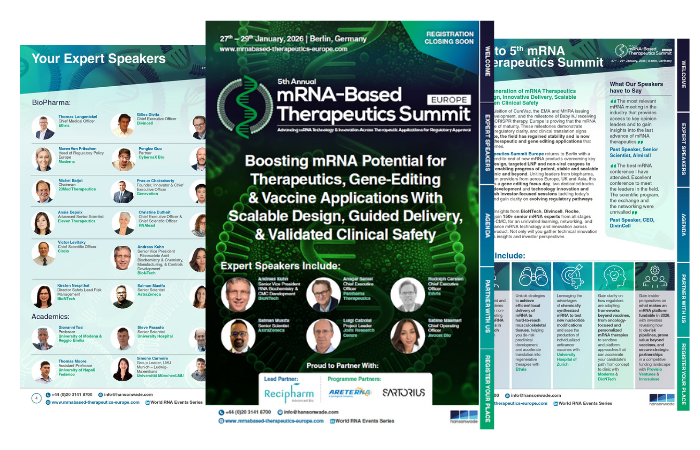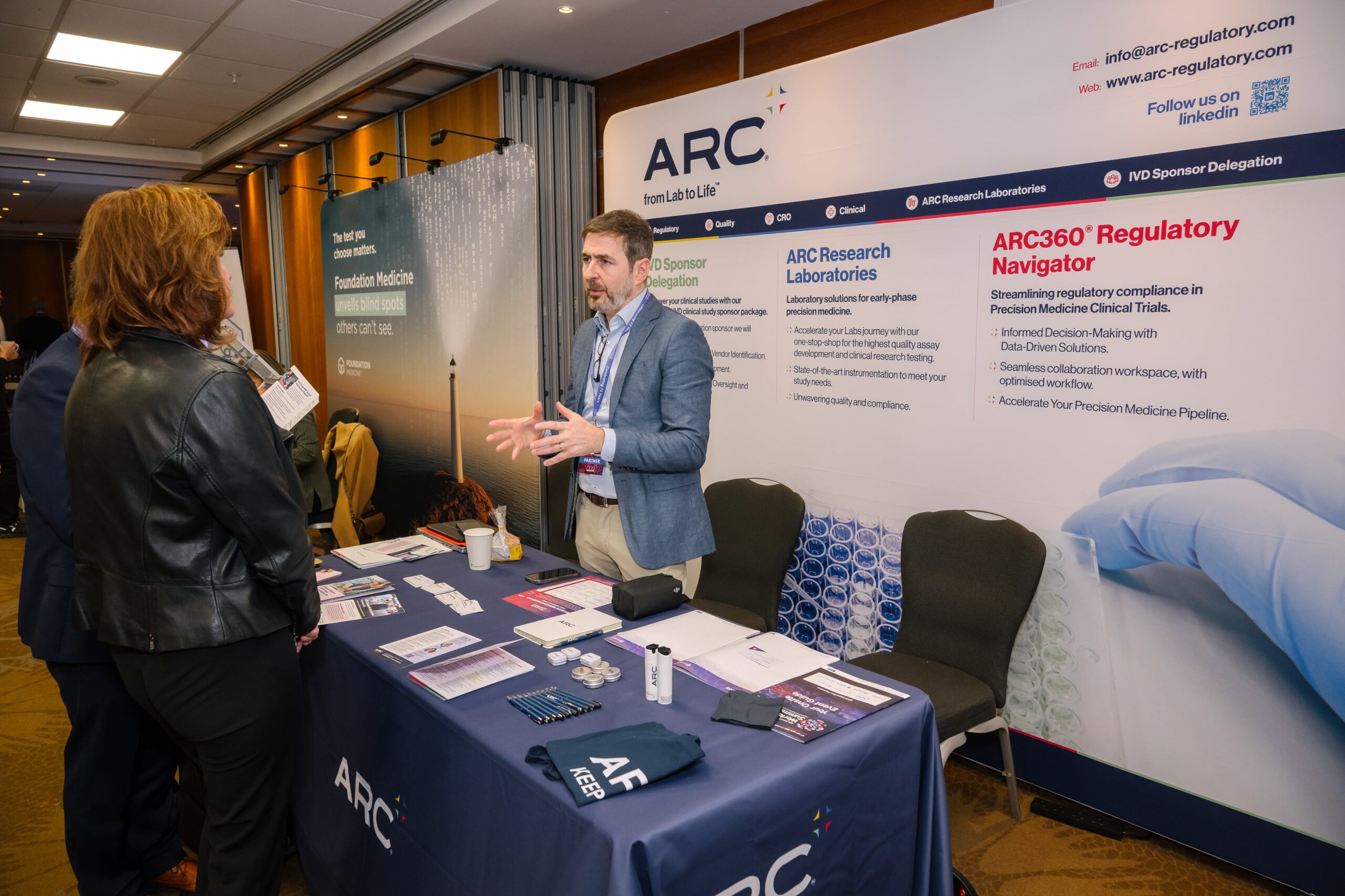What Could Attendees Expect in 2026?
The 5th mRNA-Based Therapeutics Summit Europe was the leading European forum dedicated to accelerating the safe, scalable, and clinically impactful development of mRNA-based medicines across oncology, rare diseases, infectious disease, and beyond. Attendees gained actionable insights into mRNA design, delivery innovation, manufacturing scale-up, and evolving regulatory expectations that were shaping the next generation of RNA therapeutics.
This interactive meeting united global leaders in mRNA R&D, CMC, Regulatory Affairs, Clinical Development, and Business Strategy to address the field’s toughest challenges: broadening mRNA’s scope beyond vaccines, unlocking targeted and tissue-specific delivery, overcoming CMC and stability hurdles in saRNA and circRNA, and restoring investor confidence in RNA’s therapeutic promise.
Alongside the brand-new Gene Editing Focus Day, key sessions uncovered the next-generation delivery systems (targeted LNPs, polymerics, and VLPs), chemically synthesised mRNA, manufacturing innovation, integration of AI into mRNA design, and translational strategies to bring novel RNA products into the clinic with speed, safety, and scalability.
Thank you to our speakers, sponsors, and delegates who joined us in Berlin for the summit! If you are interested in the 2027 event, please get in touch at info@hansonwade.com
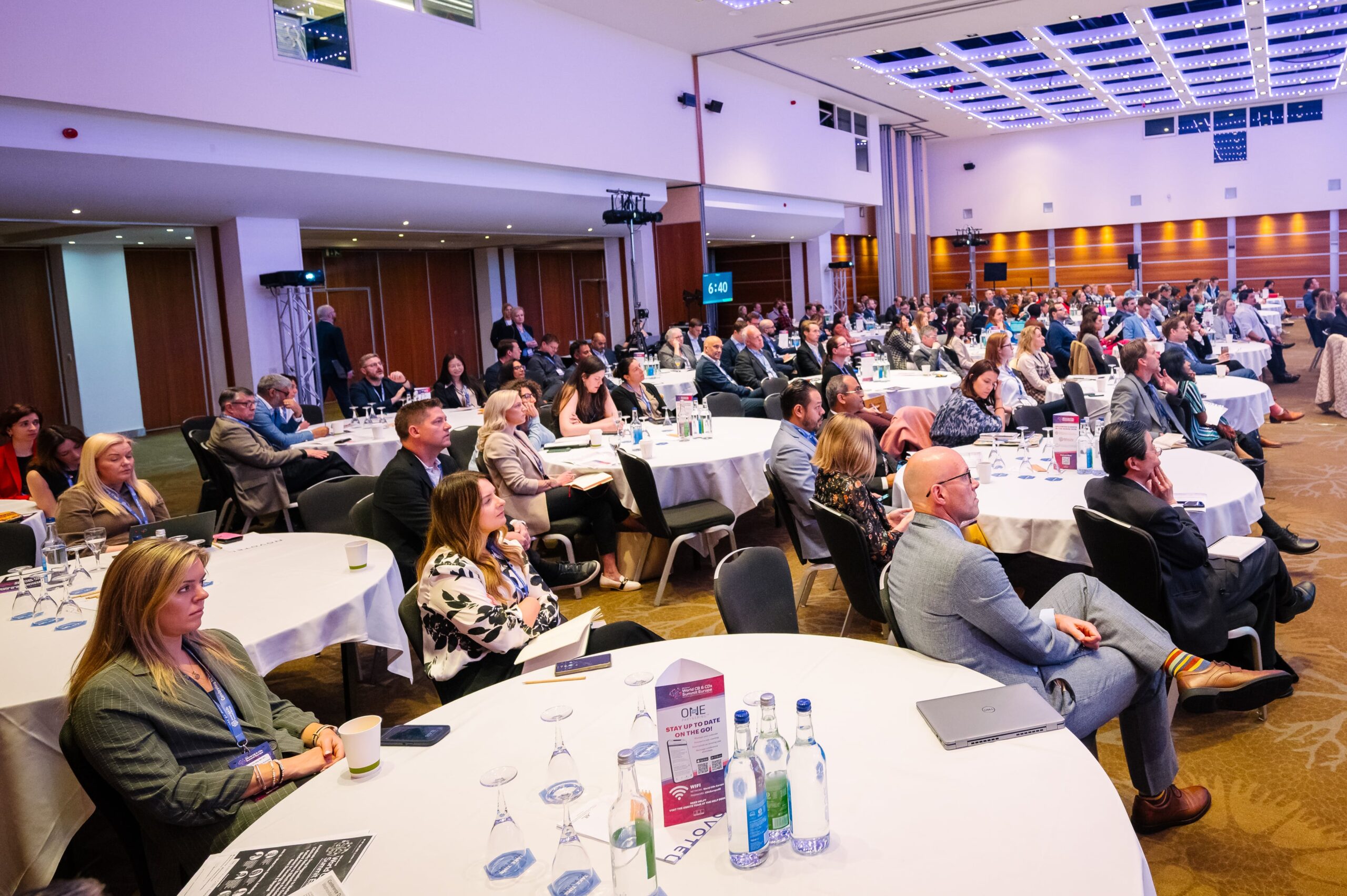
What You Missed:
Explored how AstraZeneca was engineering next-generation Cas9 variants to push the boundaries of gene editing with greater precision, improved efficiency, and enhanced safety for therapeutic applications.
Uncovered how Ethris was advancing local mRNA delivery to hard-to-reach tissues, unlocking new regenerative possibilities for bone and tendon repair.
Discovered what made mRNA platforms truly fundable in 2026, with insights from Innosuisse, NRW.Bank, and Lukasiewicz-PORT on the clinical milestones, strategic proof points, and investment signals VCs needed to see
Unlocked the promise of saRNA and circRNA to transform RNA therapeutics with longer-lasting expression, reduced dosing requirements, and the potential to reach entirely new therapeutic frontiers with AboGen
Attending Companies Include
